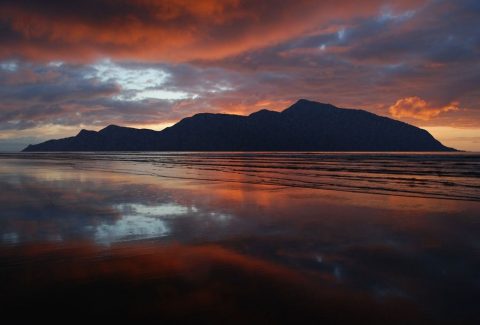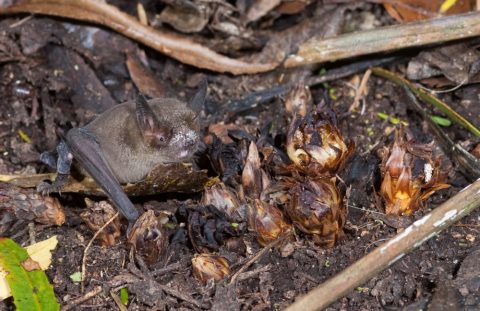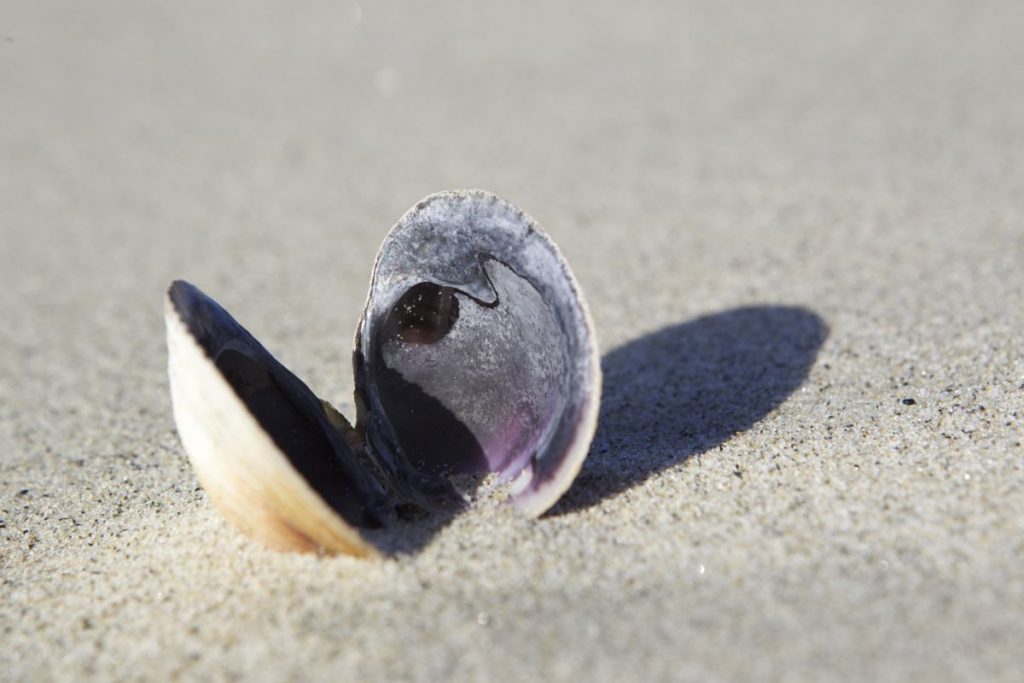Please fund DOC, before it’s too late!
New Zealand’s native species are disappearing at such an alarming rate that the country has been declared to have an “unenviable record of extinction”. This increase in the number of critically endangered or threatened species can be traced directly to the Department of Conservation’s lack of funding.
New Zealand has more than 3,000 native species threatened with or at risk of extinction, yet the budget for the government agency tasked with protecting these species has been stripped. The most recent 2017/18 budget is providing $12 million less, in real terms, for biodiversity funding. In a time where species need help more than ever, the government has cut their lifeline.

The sun is going down on Kapiti Marine Reserve, unless DOC has the funding to do its job.
This lack of funds has become such a problem that conservationists are now stepping in to perform tasks DOC should be capable of doing. Volunteers are keeping an active lookout on the Kapiti Marine Reserve since fishing restrictions are not being enforced. DOC is only able to patrol this area for 30 hours a month with a single boat. People continue to fish in the area due to the lack of security, and native species are suffering the consequences. If DOC does not have enough funding to enforce their own conservation efforts, what can they do?
Conservation efforts are the only thing standing between endangered native species and extinction. In the past 9 years, DOC has lost a total of $132 million, in real terms, of their funding. With native species disappearing faster now than ever before, DOC is the last government agency that needs a budget cut.
While the species in the Kapiti Marine Reserve have found a saving grace in volunteers, the short-tailed bats in Wellington may not be so lucky. It is feared that the bats have been victims of extinction. As the only native mammal in New Zealand, protecting the endangered bats should have been a manageable priority of DOC. The underfunding of the department made DOC unable to perform vital conservation efforts, and as a result it is possible that short-tailed bats have disappeared forever.

Short-tailed bat, feared extinct from Wellington. Photo: Nga Manu Images
Instead of trying to find ways to increase DOC funding, the government is focusing their attention on how to evade environmental protections to allow coal mining. They are trying to implement ‘Special Economic Zones’ which will enable controversial developments like coal mining to proceed on conservation land. The government has seemingly decided that economic growth is more important than environmental health, as evidenced by these SEZs and their plans for the Oparara Basin. The Basin is to be turned into a “Moa Town” by using giant moa installations to attract tourists and Instagrammers. This exploitation of New Zealand’s land for profit seems to be the only time the government is actually interested in the natural environment.
Not only is our government slashing the budget of the department protecting biodiversity, but they are using underhanded methods to further harm the environment, whose protective agency no longer has a means to do their job. The government’s disregard for the natural world has taken a frightening turn.

Any money in here for DOC? Nope. Photo: Luc Hoogenstein
